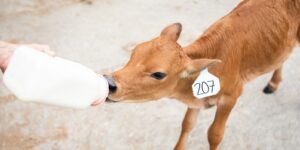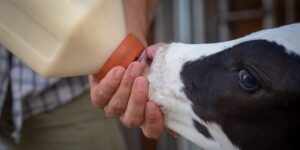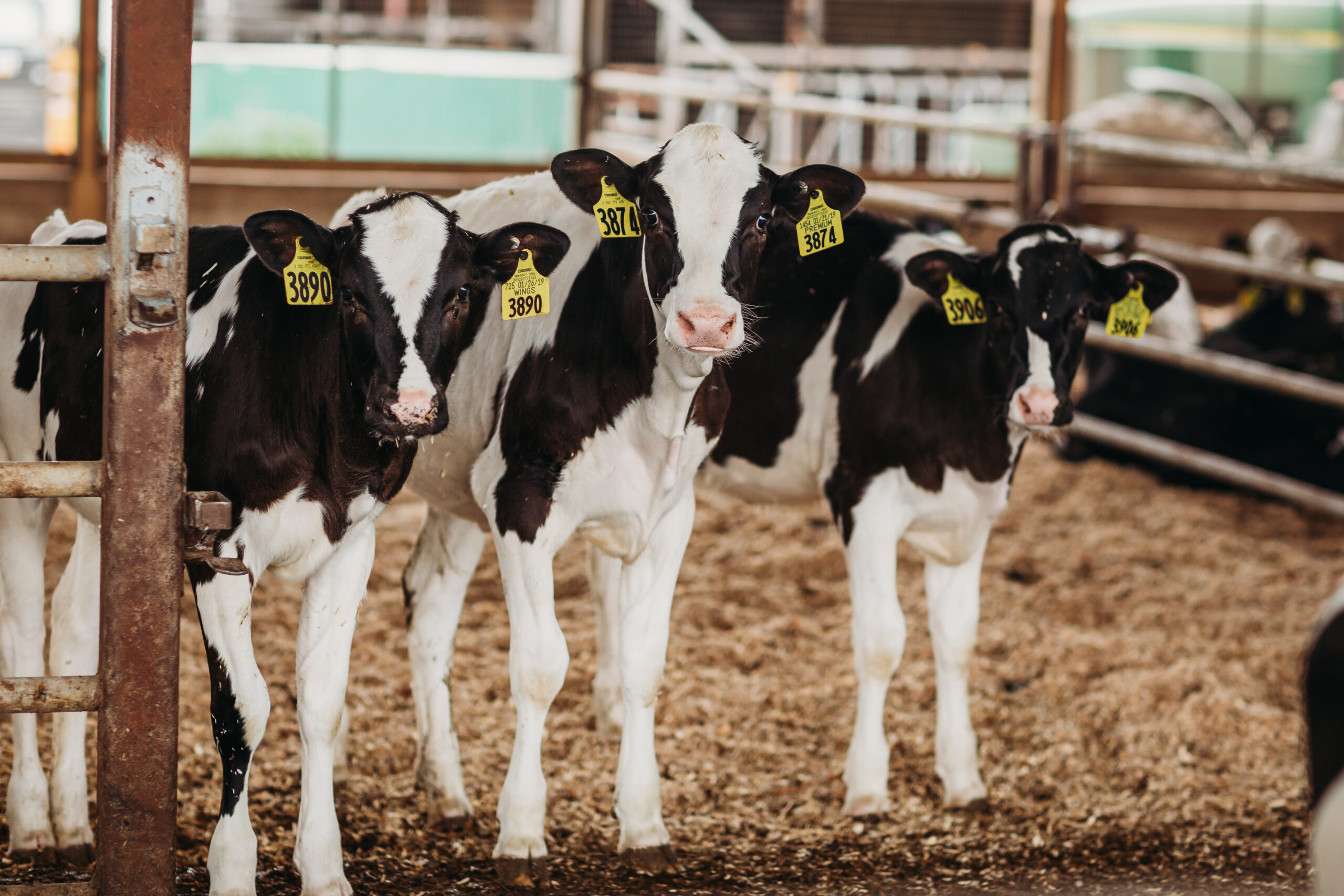Why higher levels of coconut oil in milk replacer?
An optimal blend of fatty acids in the milk replacer is essential to maximize health and performance of growing calves. Coconut oil is classified as a medium-chain fatty acid (MCFA). Fatty acids functions are interrelated and similar to short-chain fatty acids (e.g., butyric acid), medium-chain fatty acids are known to increase digestibility, alter immunity and improve performance of calves.
There’s more to coconut oil than you think
Coconut oil is used in the fat blend as a source of MCFA(C-8 to C-12). It increases levels of readily available energy to calves, improves digestion, and provides extra protection against pathogens. Studies done in vitro*, suggest that the inclusion of MCFA have both antimicrobial and antiviral properties (Hristov t al., 2004). Studies testing MCFA like coconut oil in piglets show that the inclusion of this source can alter the immune response of the animal (Dierick et al., 2004; Zentek et al.,2012). Previous studies show the benefits from the inclusion of a blend of fatty acids in the performance and health status of calves as well. (Esselburn et al., 2013; Hill et al., 2007). In a study performed by Esselburn et al., (2013), calves fed a blend of fatty acids have improved feed efficiency, average daily gain, antibody titers against BVD, and a reduction in days with scours.
The product coconut oil
Coconut oil is currently one of the most expensive oils within the fat mix of milk replacer, which is why many products in the US market do not include it in formulations. However, even with increase in costs, benefits outweigh the costs. Coconut oil improves the plane of nutrition to a very high standard. In Europe, a minimum inclusion of 20% of coconut oil is already standard practice in Denkavit milk replacer products.
Study benefits coconut oil
A study in our research facilities in the Netherlands, shows important benefits from higher inclusion of coconut oil in milk replacer. In this study, bull calves are fed milk replacer with either 20% or 40% inclusion of coconut oil in the fat mixture (100 calves per group). Calves are housed in a controlled research facility for 12 weeks and are fed 42 kg of milk replacer across the study. Calves that received higher levels of coconut oil have fewer individual medical treatments compared to calves that received a lower inclusion of coconut oil (17% vs 26% respectively). In addition, animals fed 40% coconut oil inclusion have a tendency for greater body weight in the weeks subsequent to weaning. The average weight at 12 weeks is 133 ± 14.7 STD for calves in the 20% coconut oil group and 137 ± 14.9 STD for calves in the 40% coconut oil group.
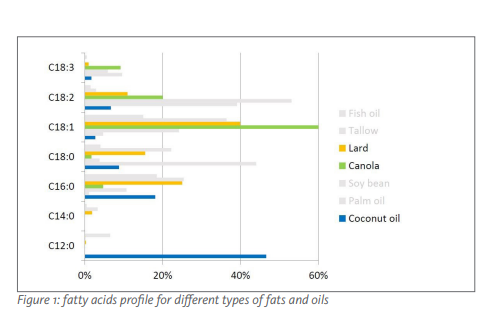
High coconut levels benefit overall health
Our hypothesis is this is a reflection of the overall improvement in health status of the animals. Reducing antibiotic treatments have a direct effect on farm profitability due to a reduction in the costs of treatment itself. Furthermore, think about the hidden costs in terms of hours of labor. Extra hours to care and treat sick animals as well as loss of performance. In this study done by Dubrovsky et al., 2020. The average estimated cost of treatment for first cases of respiratory disease was approximately $36. Costs with medication, labor, and loss in average daily gain represented approximately 38%, 40%, and 22% of the total cost respectively. Diseases in calves can be costly and it accounts for immediate costs with medication. It reflects in future losses in performance which cannot be compensated.
Excellent quality milk replacers
As one of our core values, Denkavit commits to producing milk replacers of excellent quality. The right inclusion of coconut oil improves not only digestibility but also provides extra protection against pathogens. We are proud to provide the best product to our customers.
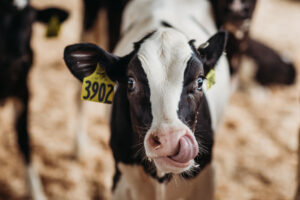
*i.e., not tested in animals.




